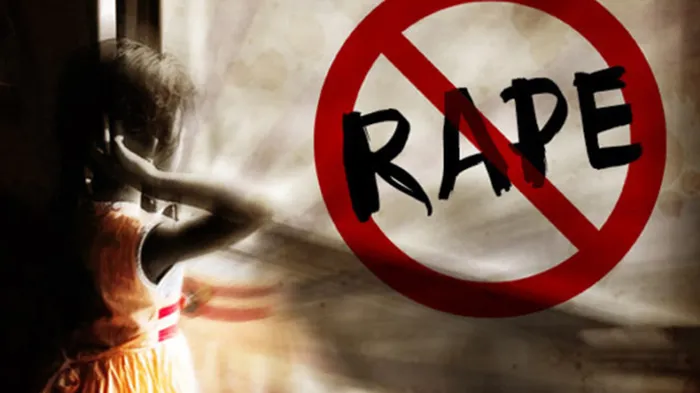Urgent action needed to address KZN's alarming rape statistics

NGO's say the deep-rooted issues that lead to gender-based violence need to be addressed.
Image: Independent Newspapers Archives
KwaZulu-Natal continues to report one of the highest rates of rape in South Africa, contributing 19.9% to the national total, according to the fourth quarter crime statistics released recently by the South African Police Service.
Police Minister Senzo Mchunu said that in the quarter under review, provinces such as the Eastern Cape, Gauteng, Limpopo, North West, and the Western Cape recorded decreases in rape statistics. However, Gauteng and KwaZulu-Natal remained the biggest contributors, at 19.1% and 19.9% respectively.
To address the crisis, Mchunu said the government had launched a 90-day Gender-Based Violence and Femicide (GBV+F) blitz. “This includes the revival of the Inter-Ministerial Committee on GBV+F, tasked with coordinating government interventions, resolving systemic bottlenecks, and ensuring measurable progress,” he said.
But activists say the government's efforts are not addressing the deep-rooted and devastating reality facing women and children in the province.
“It’s incredibly difficult to determine the true scale of sexual violence in South Africa because an estimated 95% of rape cases go unreported,” said Women For Change founder and executive director, Sabrina Walter.
“In the official crime statistics published by SAPS, we only see a fraction of the reality, silenced by fear, shame, and a broken justice system.”
Walter said the persistent high rape figures in KZN were driven by “entrenched patriarchy, poverty, and the lack of accessible, trauma-informed support services”.
She added that the stats showing that most rapes were committed by individuals known to the victims, and often in private homes, further underscored the need for community-based prevention strategies, said Walter.
“This is exactly why prevention must begin at home, within families, relationships, and communities. It’s also why we focus on empowering bystanders, friends, neighbours, and relatives to speak out, intervene safely, and support survivors instead of staying silent.”
On the state's response to GBV, Walter said the justice system was failing. “Every single day, we hear from survivors who were turned away by police, refused the right to open a case, or watched as officers failed to arrest perpetrators, even in clear cases where protection orders were breached.”
She called for ongoing, trauma-informed, survivor-centred training for police and for GBV to be declared a National Disaster. “Without this formal recognition, GBVF continues to be treated as a secondary issue, despite thousands of women and children being harmed or killed every year.”
The TEARS Foundation echoed this view, saying it had seen no evidence of a real decrease in rape, especially not in KZN.
“At The TEARS Foundation, we are deeply concerned by the narrative suggesting a national decline in rape cases,” the organisation said in a statement. “What we are seeing is an increase in survivors being turned away at police stations, more cases being closed without prosecution, and fewer formal reports being made. These are not signs of progress. They are signs of a system that survivors are losing faith in.”
TEARS said KZN’s high rape figures are not surprising. “The province has long struggled with high levels of violence and deeply entrenched patriarchy, factors that contribute to both the prevalence of rape and the barriers survivors face in seeking justice.”
The organisation also stressed that survivors are often let down by those meant to protect them. “Survivors face enormous obstacles just to access basic protection. Applying for a protection order, for example, can be a long, traumatic process that too often fails, sometimes with fatal consequences. Many survivors are treated with suspicion, indifference, or outright hostility when they seek help.
“If rape cases were treated with the same urgency and national coordination as COVID-19, we would already be seeing real change. South Africa doesn’t have a lack of laws, we have a lack of implementation.”
Related Topics: